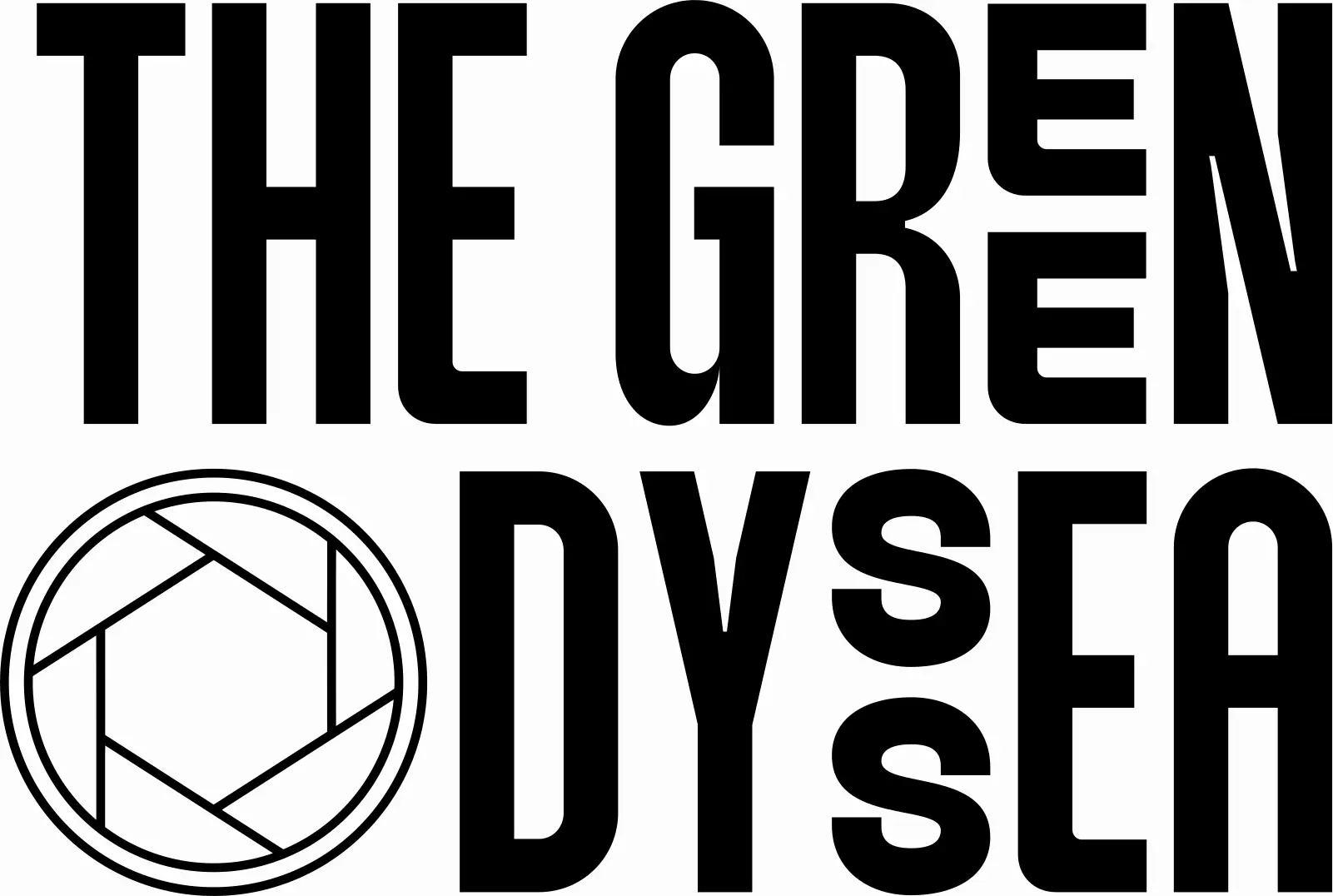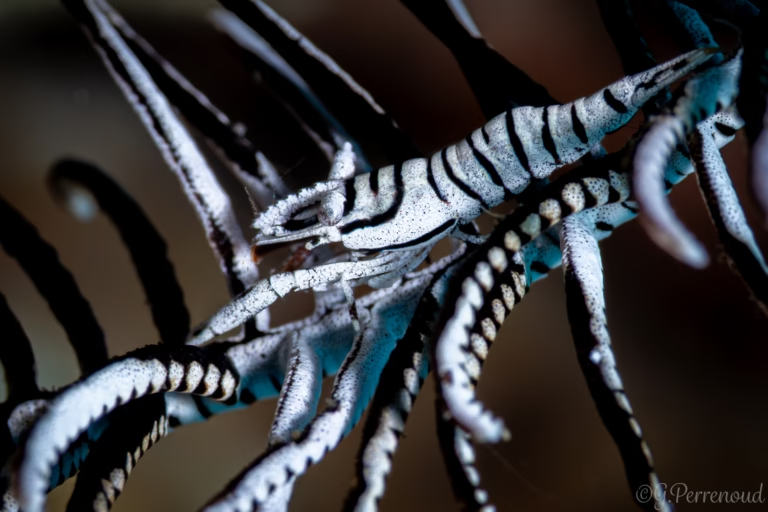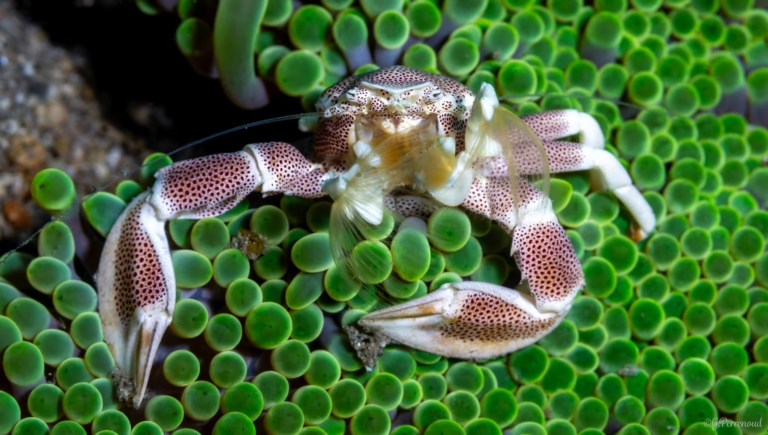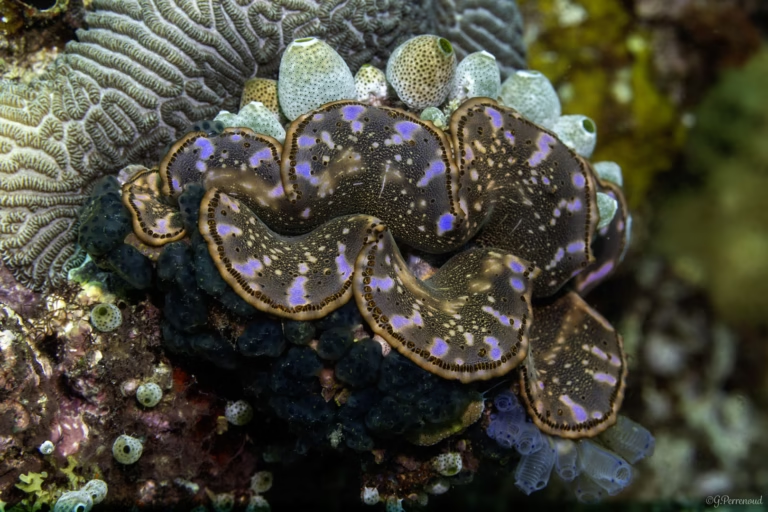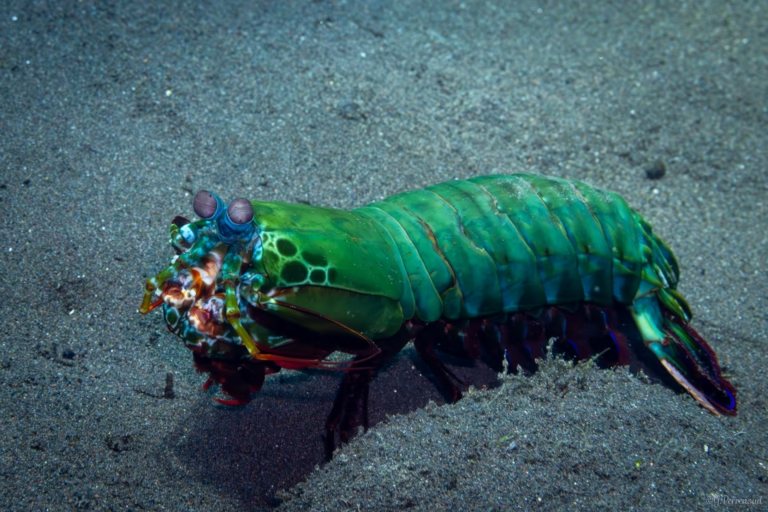

Table of contents
Our experience at the Institute for Marine Research
The most important step in our Odyssea was to acquire new skills in marine ecology. Well, that’s done. Our training as a research assistant at the Institute for Marine Research (IMR) is now complete and we have entered the professional world of diving as PADI divemasters. YOUHOU!
It’s been a big dive for us, rich in emotions, discoveries, learning and connections with wonderful people. It’s reassuring to see that so many people are getting involved in preserving these marine ecosystems, which are so fragile and endangered today. Numerous actions are currently being taken by organisations to understand and protect these ecosystems. What’s more, on a personal level, simple gestures and the way we consume can also have beneficial effects on the ecology. It is also important to take the time to inform and raise awareness among people around the world.
During these 4 months, we dived almost a hundred times along the Dauin coast, whose reefs are abundant in mainly hard corals and inhabited by a multitude of reef fish and turtles (green and hawksbill turtles). The Dauin reefs are renowned for their exceptional marine biodiversity. According to available information, the Dauin region, which forms part of the Coral Triangle, is home to almost 1,800 species of reef fish. This area is considered to be the richest reservoir of marine biodiversity on the planet, with more than 500 species of coral representing three quarters of all known species.
Our educational programme began with a condensed two-week training period, during which we developed a detailed understanding of coral reef ecosystems and dynamics. This learning phase included the recognition of coral species, fish, benthic flora, invertebrates and pathologies common to the Indo-Pacific region.
We also studied 4 data acquisition methodologies, on land and then underwater, before being able to carry out this field work, or rather underwater work 😉
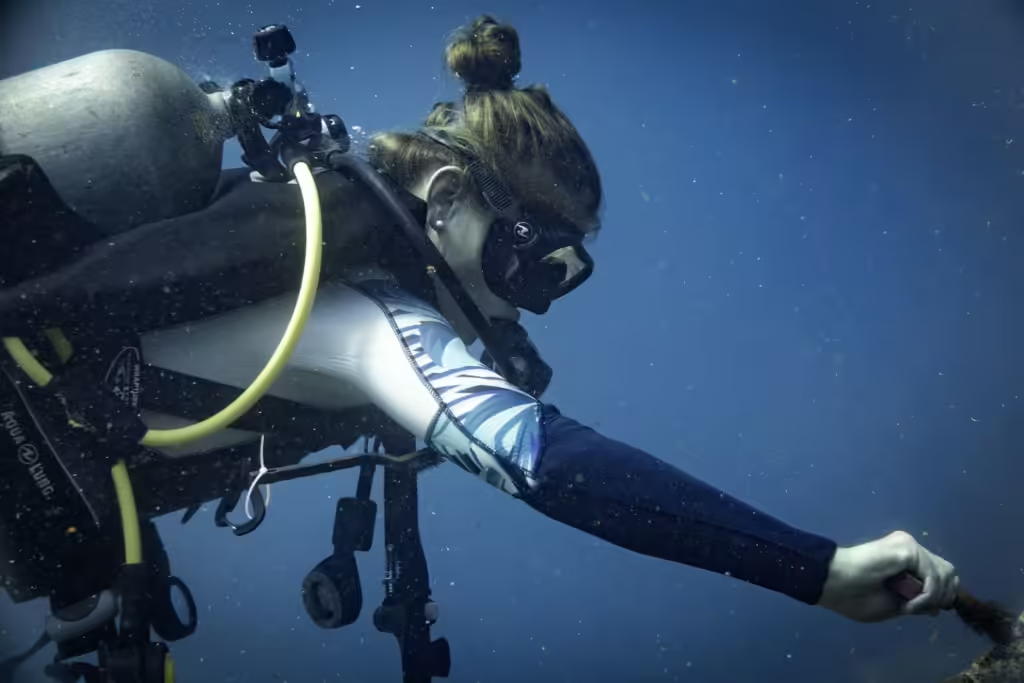
The data collected is then analysed using computers. Various, sometimes complex, programmes are used for this purpose. Gary and I were able to develop a new methodology for analysing impacts on corals, using existing AI and free software. This methodology has proved very effective and will save our replacements a lot of processing time.
In addition, after discussions with the IMR directors, Gary was given the opportunity to practise underwater photography during some of the diving trips with the IMR team. His photos have already been used to illustrate certain articles on thegreenodyssea.net and others have been donated to IMR for their promotion and to illustrate their courses. This agreement between IMR management and The Green Odyssea has therefore been beneficial for both organisations.
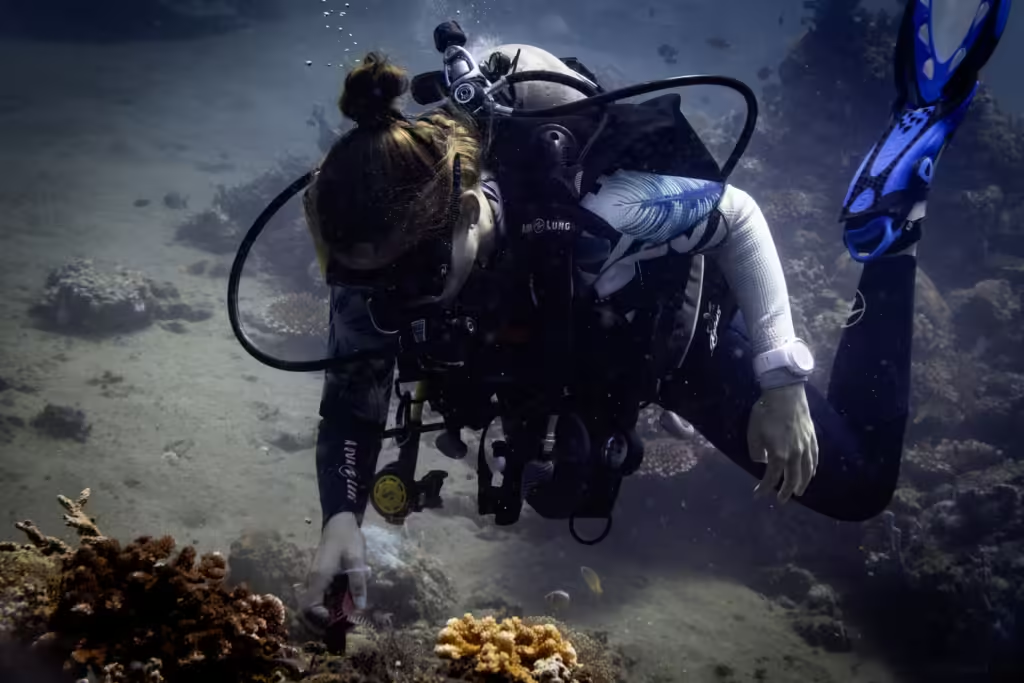
Who is the Institute for Marine Research and what do they do?
Let’s go into a little more detail about the role and operation of the Institute for Marine Research:
IMR is a non-profit organisation (NGO) dedicated to understanding and preserving coastal marine ecosystems. With a mission focused on rigorous scientific research, education and transforming conservation practices, the institute is a key player in the protection of marine biodiversity in the Philippines.
Activities and initiatives
– Scientific studies: The institute conducts research in the many protected areas along the Dauin coast of the Philippines to monitor ecological changes and identify threats. Research efforts focus on understanding the threats, both natural and man-made, that affect coral reefs over the long term.
– Strategic partnerships: By working with local policy-makers, the institute aims to develop appropriate and sustainable conservation solutions.
– Environmental education: It is committed to raising public awareness of environmental issues and promoting the importance of marine conservation.
Techniques and impact
– Use of advanced technologies such as stereo video and 3D modelling to study fish density and distribution, as well as reef structure.
– Influencing coastal management policies and supporting community adaptation to global ecosystem change.
Courses on offer
The IMR offers educational opportunities for those who aspire to become ocean specialists. These include Research Fellowships for those wishing to lead scientific projects on marine life. They are responsible for managing projects, analysing data and formulating new scientific hypotheses. They also play a mentoring and teaching role for new research assistants.
At the same time, the institute offers a research assistant programme, designed to encourage and train future leaders in marine conservation. This programme includes comprehensive training in environmental education and community outreach activities. No previous training in marine ecology is required to follow this programme.
The aim of these programmes is to train professional and competent marine scientists, capable of conducting independent research projects and collaborating with international institutes to advance the understanding of marine ecosystems.
For more information on these courses, visit this page.
Reports
Each year, IMR publishes its annual outlook report to the Local Government Unit (LGU) based on the results of the Dauin municipality long-term reef monitoring project, to guide coastal management strategies. You can find them on this page.
FRAGS
The IMR’s FRAGS (Functional Restoration and Growth Studies) programme, launched in 2022, is exploring the possibility of repopulating artificial reefs with corals in areas of low natural recruitment*. Following the destruction caused by super typhoon Odette in 2021, the IMR began using fragments of uprooted coral, attached to typhoon-resistant structures, to create habitats conducive to coral growth and the repopulation of nearby natural reefs. This innovative project could transform the restoration of coral reefs in regions affected by natural disturbances.
*In the context of marine biology, the word “recruitment” refers to the process by which new individuals are added to a population. This can be through reproduction, immigration or the repopulation of a specific area. In other words, it is the arrival of young organisms into an ecosystem, contributing to the growth and maintenance of the population.
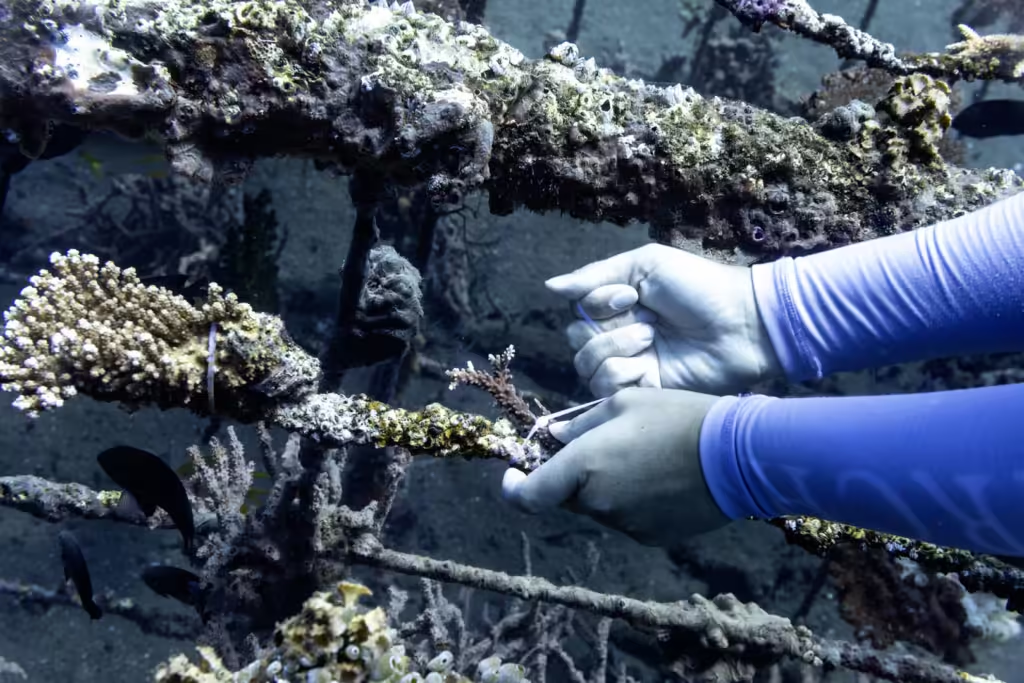
Role
The IMR plays a vital role in marine research, habitat conservation and education. It is working towards a future where marine ecosystems are not only understood, but also protected and enhanced.
For more information: www.institutemarineresearch.org
Future prospects
Now that our marine ecology Odyssea at IMR has come to an end, it’s time for us to explore other parts of the Philippines and Asia. We very much hope to have the opportunity to put these new skills to good use, making new connections with like-minded people.
